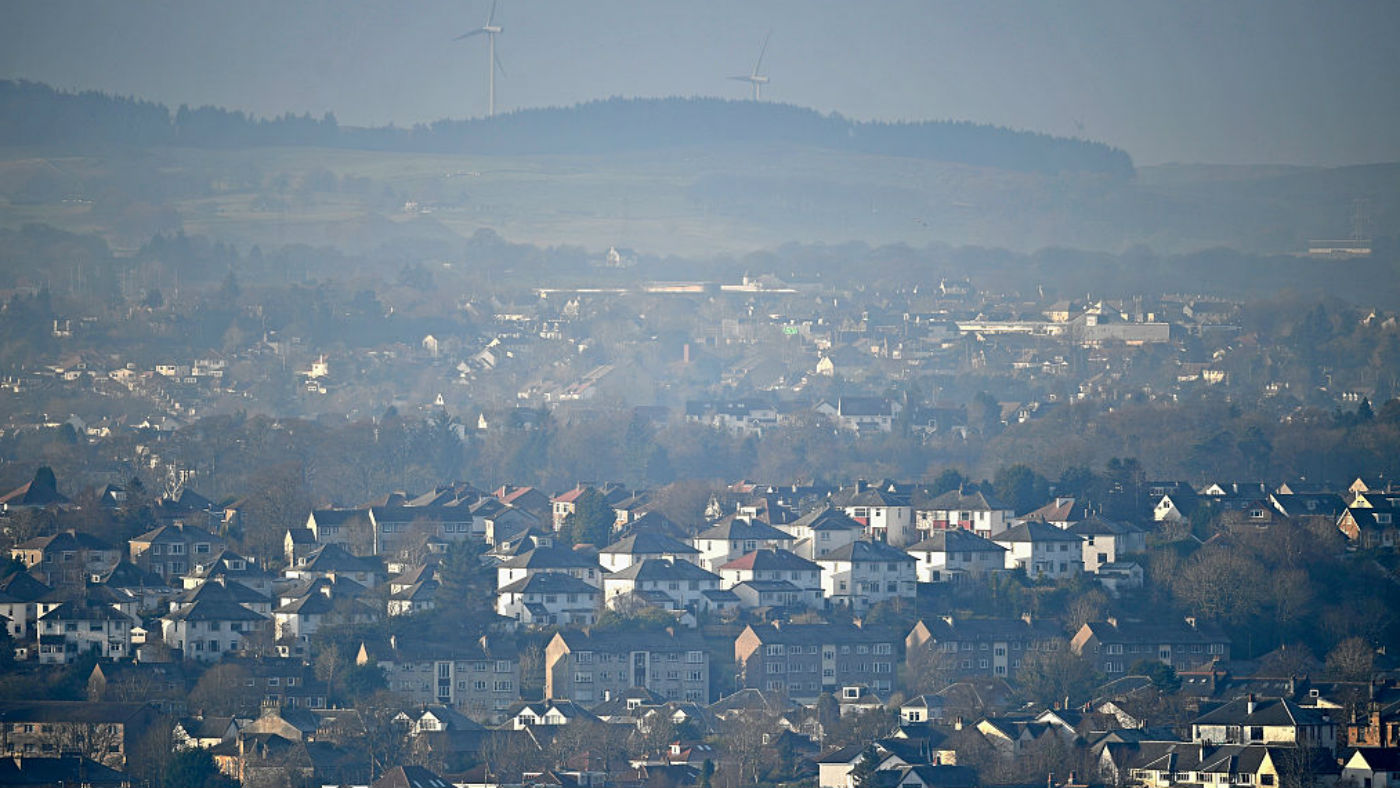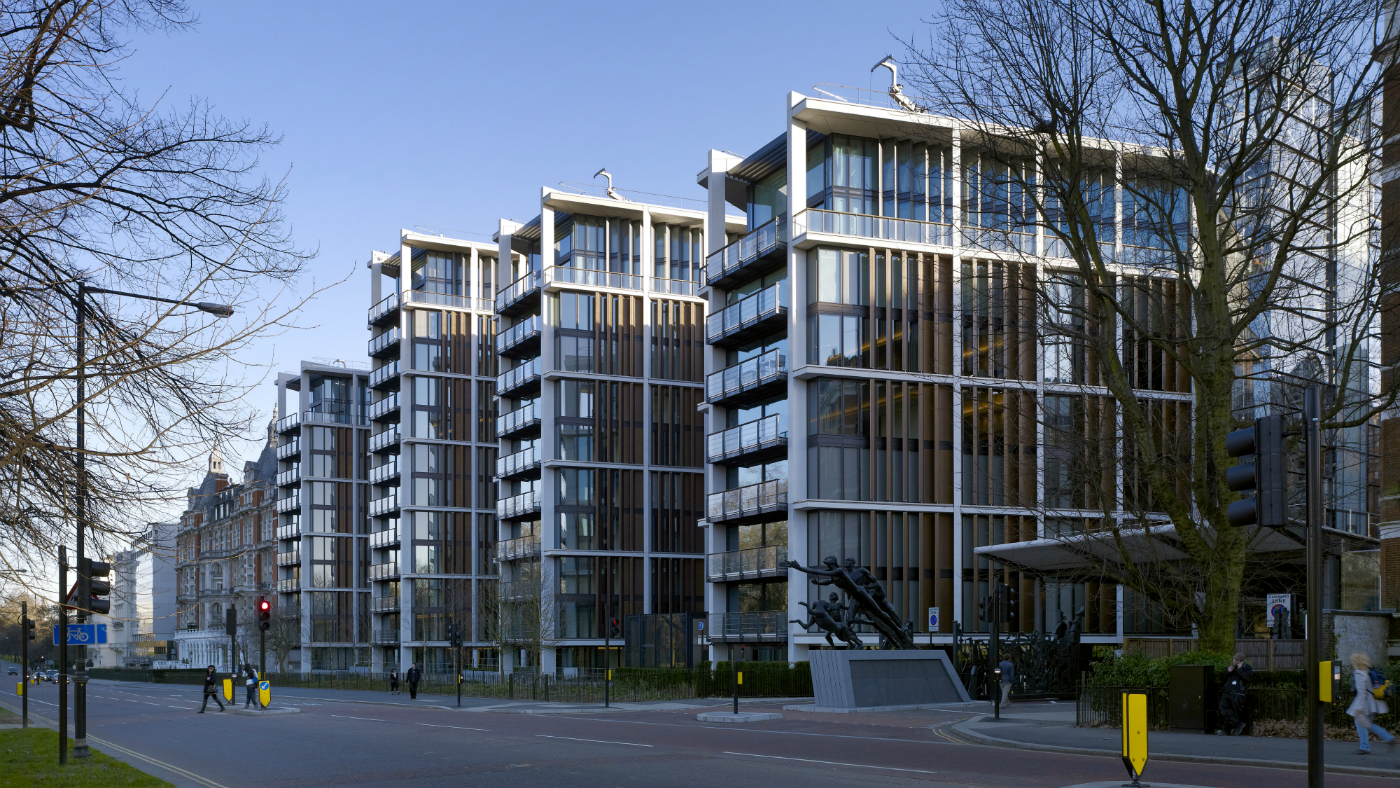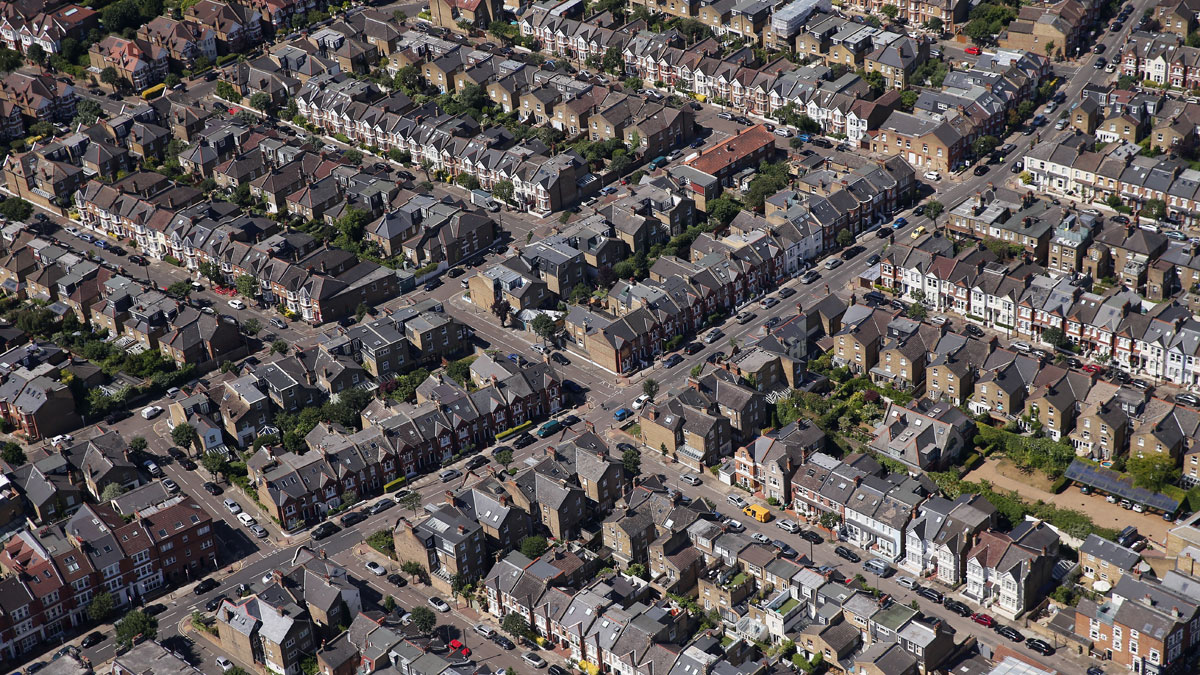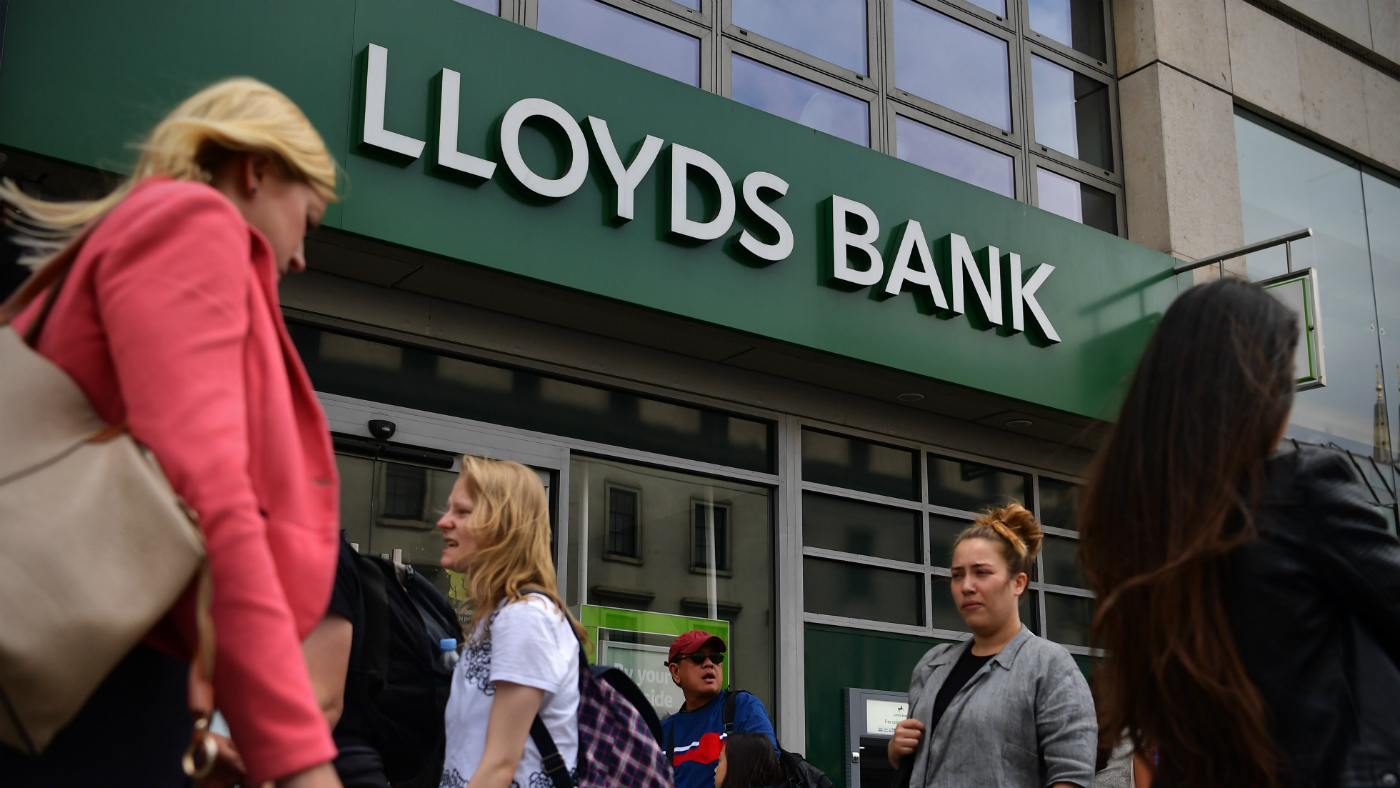State pension age 'could rise above life expectancy in poorer areas'
Triple-lock promise will mean many people die before receiving payouts, says new report

A free daily email with the biggest news stories of the day – and the best features from TheWeek.com
You are now subscribed
Your newsletter sign-up was successful
Keeping a generous triple-lock on the state pension will mean many people in poorer areas die before they receive any payouts, says a new report.
According to the Institute for Fiscal Studies (IFS), which carried out the study for the parliamentary pensions committee, the retirement age will have to rise to 70.5 by 2060 in order to keep pension spending at six per cent of GDP and maintain the triple-lock increases.
Average male life expectancy is currently below that level in many poorer parts of Britain, says the BBC, including 162 council areas in Scotland.
The Week
Escape your echo chamber. Get the facts behind the news, plus analysis from multiple perspectives.

Sign up for The Week's Free Newsletters
From our morning news briefing to a weekly Good News Newsletter, get the best of The Week delivered directly to your inbox.
From our morning news briefing to a weekly Good News Newsletter, get the best of The Week delivered directly to your inbox.
It adds that the lowest male life expectancy "was 62.5 years in the Parkhead West and Barrowfield area of Glasgow. In that area, female life expectancy was 70.1 years".
Life expectancy is below 70.5 in 26 areas of England, "including Blackpool, Manchester, Teesside, Leicester, east London and the Wirral", continues the BBC: "The lowest male expectancy in England was 67.5 years in the centre of Blackpool… By contrast, male life expectancy in the area of Westminster, which includes Mayfair and Covent Garden, was 92.9 years."
Announcing the findings, the parliamentary pensions committee renewed its call for the triple-lock to be discontinued at the end of the current parliamentary cycle in 2020.
Chairman Frank Field MP said the state pension will provide a "decent minimum income" by then and the triple-lock "will have done its job".
A free daily email with the biggest news stories of the day – and the best features from TheWeek.com
All three main parties during the general election campaign promised to keep the pledge, which guarantees the state pension will rise by the greater of average earnings, inflation and 2.5 per cent.
In practice, this has meant the state pension has risen at 2.5 per cent a year and is up £1,100 since 2010, despite inflation being near zero and the government freezing most working-age benefits.
-
 ‘Those rights don’t exist to protect criminals’
‘Those rights don’t exist to protect criminals’Instant Opinion Opinion, comment and editorials of the day
-
 Key Bangladesh election returns old guard to power
Key Bangladesh election returns old guard to powerSpeed Read The Bangladesh Nationalist Party claimed a decisive victory
-
 Judge blocks Hegseth from punishing Kelly over video
Judge blocks Hegseth from punishing Kelly over videoSpeed Read Defense Secretary Pete Hegseth pushed for the senator to be demoted over a video in which he reminds military officials they should refuse illegal orders
-
 Brits keeping 21 million ‘money secrets’ from friends and family, survey reveals
Brits keeping 21 million ‘money secrets’ from friends and family, survey revealsSpeed Read Four in ten people admit staying quiet or telling fibs about debts or savings
-
 London renters swap cramped flats for space in suburbia
London renters swap cramped flats for space in suburbiaSpeed Read New figures show tenants are leaving Britain's cities and looking to upsize
-
 Should the mortgage holiday scheme have been extended?
Should the mortgage holiday scheme have been extended?Speed Read Banks warn that some homeowners may struggle to repay additional debt
-
 RBS offers coronavirus mortgage holidays
RBS offers coronavirus mortgage holidaysSpeed Read Taxpayer-owned bank follows measures taken in virus-struck Italy
-
 What are the changes to National Savings payouts?
What are the changes to National Savings payouts?Speed Read National Savings & Investments cuts dividends and prizes for bonds
-
 China clears path to new digital currency
China clears path to new digital currencySpeed Read Unlike other cryptocurrencies, Beijing’s would increase central control of the financial system
-
 Why are donations surging to the RNLI?
Why are donations surging to the RNLI?Speed Read Charity enjoys flood of funding after criticism for overseas work
-
 PPI deadline day: how to claim
PPI deadline day: how to claimSpeed Read Final chance for consumers to apply for compensation